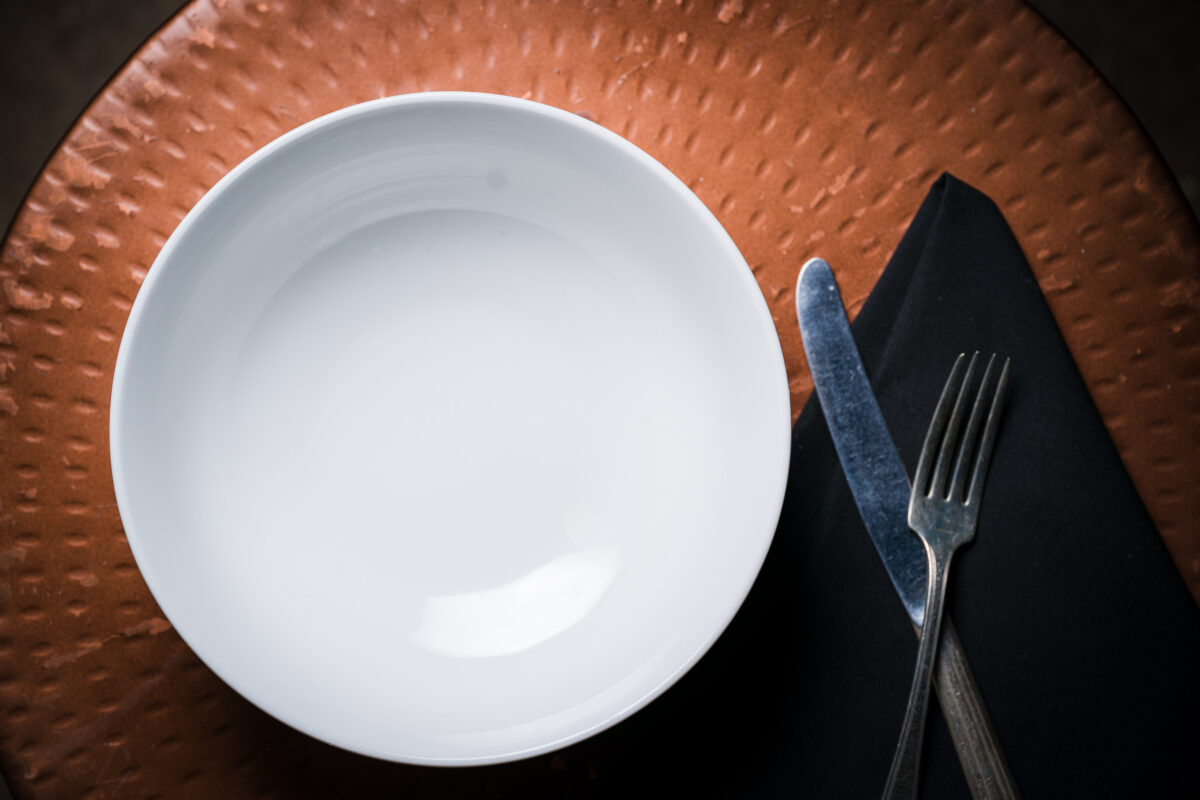“You shall observe my commandments and live by them.” This biblical phrase is often used in conjunction with the Jewish idea of pikuach nefesh (saving a life) — namely, that Jewish law can be set aside to protect a person’s health or safety.
I’ve long been familiar with the verse — but it has taken me nearly two decades to truly understand what this means.
Let’s go back to Yom Kippur 2000. I was in college, and in treatment for anorexia nervosa. I had been hospitalized and released, but I was continuing to work with therapists and nutritionists on an outpatient basis. I was doing well, but fasting on Yom Kippur remained dangerous. The thoughts and physical sensations brought on by fasting could trigger unhealthy and self-harmful behaviors. So, even though I felt guilty about it, under doctors’ orders, I ate.
That afternoon, I returned to services after having lunch at a friend’s apartment. I had the privilege of doing the afternoon Torah reading for our Conservative congregation, and then I sat down to hear our college rabbi’s sermon. I was looking forward to this, as he usually gave engaging, interesting sermons. He began with a story about a group of Jewish prisoners during the Holocaust. These men were starved and overworked for months; they were emaciated, sick, and hurting terribly.
Then, he said, on Yom Kippur, the Nazi guards brought out tables of food – meat, vegetables, fruit, cakes, anything anyone could want. The guards ordered the men to eat, but they refused. It was Yom Kippur, and these men were unwilling to eat on this important fast day. The guards said, “Eat or be killed.” The men stood their ground and were shot on the spot.
As the rabbi called these men martyrs, my insides clenched. My stomach turned upside down. I stood up, grabbed a friend’s hand, and pulled her out of the service as fast as I could. Some other friends noticed us and followed. As soon as the door shut behind us, I began to cry – one of those full body cries that just comes from the bottom of your soul.
Once I calmed down, I was able to tell them the problem: I was told that I had to eat. So even though I felt weird and guilty about it, I ate. But then, almost immediately after, I heard this rabbi I admired describe, with awe, these starving Jews who allowed themselves to be shot in cold blood rather than eat on Yom Kippur. There I was, eating on Yom Kippur, while these men were shot! There was no question in my mind: I was awful.
My friends were supportive, but what could they say? They had heard the same sermon. And for years, Yom Kippur continued to challenge me. I ate, because the risk of fasting was too great. But I could never reconcile my eating with the rabbi’s story of martyrdom.
Fast forward to Yom Kippur 2016. By then, I was a mom to 5-year-old twins, and I was leading tot Shabbat and holiday programs for my synagogue. A few years earlier I had “come clean” about not being able to fast on the holiday — something that helped ease my guilt, if not erase it completely. This year, my rabbi created an annotated High Holiday prayer book, enriched with essays, poems, stories, and quotes. Included in the book was the story of a rabbi who was offered a cushy job in the church if he would convert. The rabbi refused, and his hands and feet were cut off, killing him. He submitted to this rather than convert.
I felt like I was in college again. I was once again upset and confused: On the one hand, I’m told health comes first — so therefore I shouldn’t fast on Yom Kippur. But on the other hand, we look up to martyrs who died for their beliefs. Which was “right?” But this time, instead of crying, I decided to ask my rabbi about it.
It turns out the issue isn’t as black and white as I initially thought. My rabbi explained that yes, we are supposed to live by G-d’s commandments — which means that it’s better to transgress than to die. But, he added, there are three situations in which you are “supposed” to die rather than transgress: if you are forced to commit murder, adultery or incest, or idol worship.
So, according to my rabbi, the Jews in my college rabbi’s Holocaust story were in the wrong – eating on Yom Kippur is not one of those situations. The prisoners should have eaten rather than allow themselves to be killed. However, the martyrdom of the rabbi made sense, because for him, converting was akin to idol worship.
This made sense to me. But then, the rabbi said something really unexpected: He told me that he eats on Yom Kippur. He has several health conditions, he explained, that made it unsafe for him to fast.
After this conversation, I felt as though a huge weight had been lifted off my shoulders. I hadn’t realized how much guilt I had been carrying all these years, and how heavy the burden had been.
I still cannot fast, but I now know in my heart of hearts that this is OK. We can respect and honor martyrs who allowed themselves to be killed for their beliefs while, at the same time, choose health and safety for ourselves. And thanks to my rabbi, I finally can see that this is not hypocritical —it is actually consistent with Jewish law.
These days, when I hear, “You shall observe my commandments and live by them,” I understand that for me, it means eating on fast days. And whether you eat or fast, I wish you a safe, healthy, and meaningful Yom Kippur.








